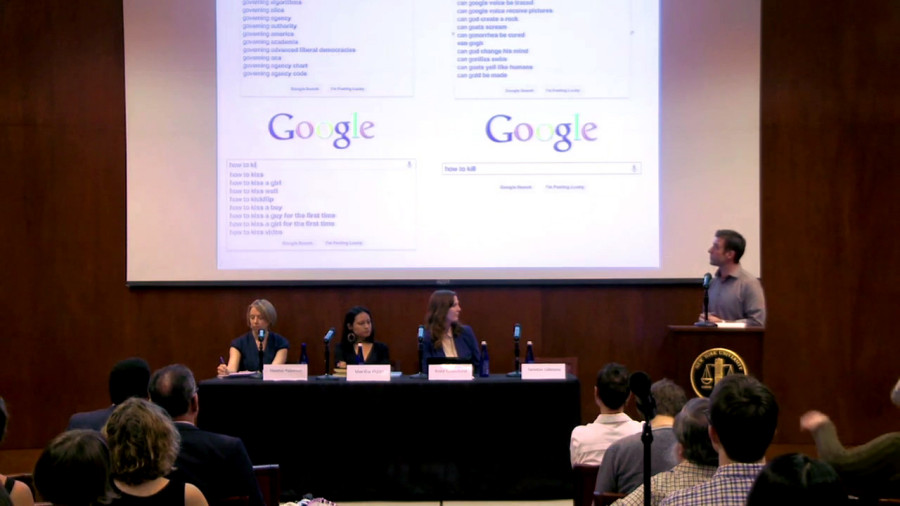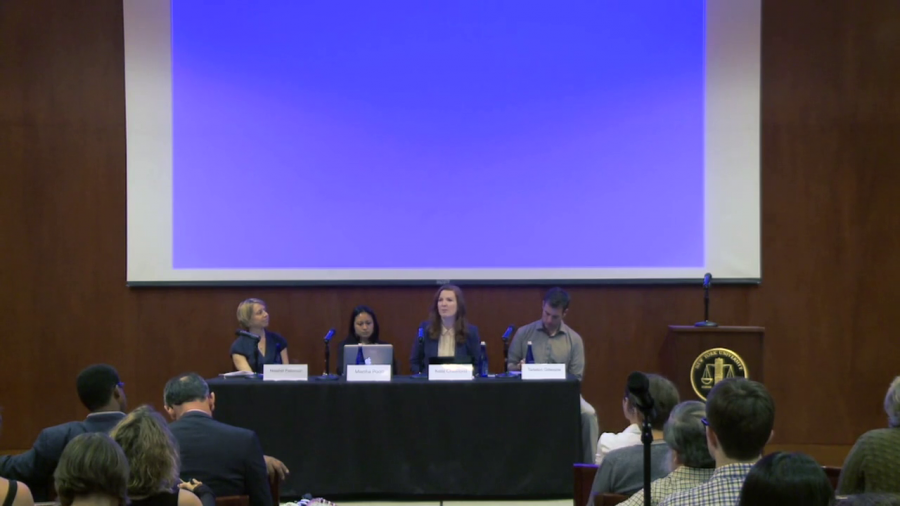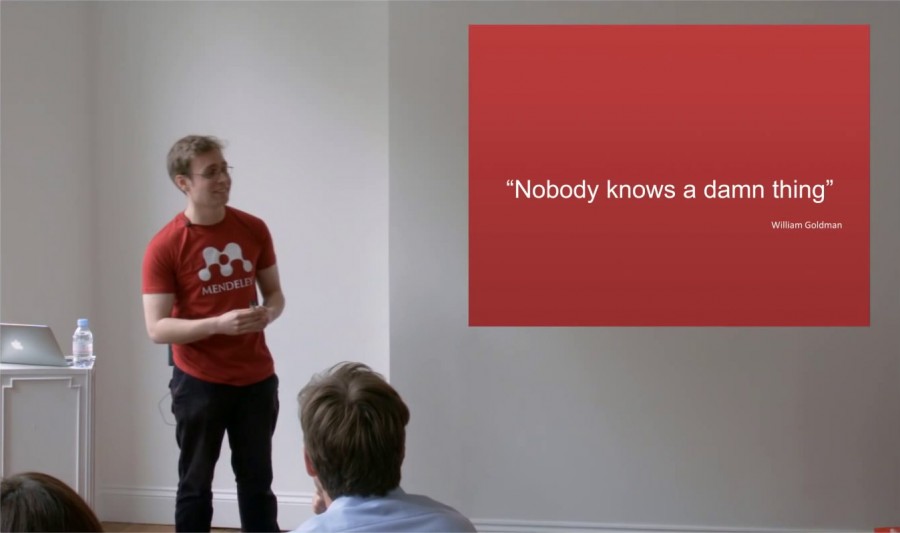This quote’s from Andy Warhol. He was looking at America and saying America’s different. He’s saying, “Well, Elizabeth Taylor’s drinking Coke and I’m drinking Coke and the bum on the street’s drinking Coke, and it’s all the same thing.” For the first time in history, mass market culture has allowed us all to enjoy the same thing. This is not champagne. The bum on the street can’t afford champagne.
Archive (Page 4 of 4)

How would we begin to look at the production of the algorithmic? Not the production of algorithms, but the production of the algorithmic as a justifiable, legitimate mechanism for knowledge production. Where is that being established and how do we examine it?

It seems to me that to confront algorithms on their own terms, we may have to modify our preoccupation with the politics of knowledge and take up an interest in the politics of logistical engineering.

This is why it matters whether algorithms can be agonist, given their roles in governance. When the logic of algorithms is understood as autocratic, we’re going to feel powerless and panicked because we can’t possibly intervene. If we assume that they’re deliberately democratic, we’ll assume an Internet of equal agents, rational debate, and emerging consensus positions, which probably doesn’t sound like the Internet that many of us actually recognize.

I wonder with all these varying levels of needs that we have as users, and as we live more and more of our lives digitally and on social media, what would it look like to design a semi-private space in a public network?

Pretty much anything that Lucifer says in Paradise Lost, you could probably imagine the CEO of Uber saying. They’re just disrupting the Heavenly orders, you know. They really needed it.

I’ve always been really interested in this idea of whether or not we can predict hits. You speak to anyone who works in the entertainment industry, and everyone has their was stories of that film they were sure was going to become a hit which somehow became a miss. There are niche films which appeal to everyone, and perhaps more likely, films that are designed to appeal to everyone which somehow appeal to no one.

